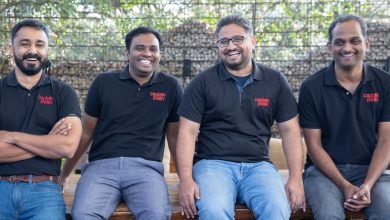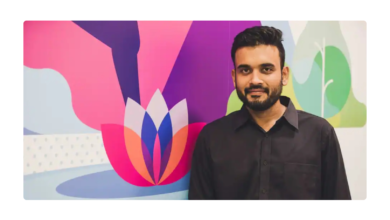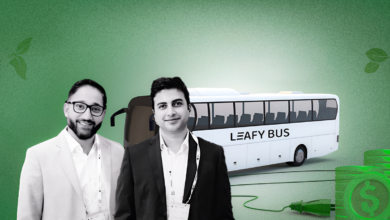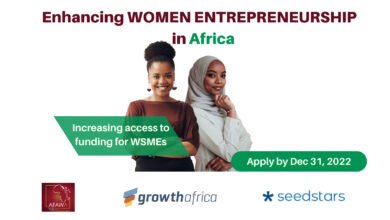Grocery social commerce startup, Segari raised Go-Ventures led US $16 M in Series A

Segari, an Indonesian supermarket social commerce business, has raised US$16 million in a Series A round-headed by Go-Ventures, with SIG as a participant.
Alfamart (an Indonesian retailer), Gunung Sewu Group (a big conglomerate focused on agriculture and food), and Intrinity Capital (associated with Gulaku) were among the strategic investors that took part.
Beenext, AC Ventures, and Saison Capital, Segari’s seed investors, returned to co-invest in the current round. Beenext led the seed round, which was completed in March this year, with participation from AC Ventures, Saison Capital, and angel investors.
The funds will be used to enhance the company’s supply chain. Segari intends to do so by actively employing in areas such as operations, supply chain, technology, and marketing.
“The agriculture supply chain is one of the most complex problems in Indonesia, with multiple layers between farmers and consumers. We can make a huge impact by enabling consumers to quickly receive better quality and lower-cost groceries while simultaneously helping farmers receive fair prices for their produce. With this latest injection of funding, we aim to continue our strong growth and make a real impact on consumers and farmers,” said Segari CEO Yosua Setiawan.
Segari is a fresh farm product delivery service founded by Setiawan, Farand Anugerah (COO), and Farandy Ramadhana (CTO) in 2020. It uses sophisticated operations to simplify the country’s complicated agricultural supply chain and empowers local community leaders to provide food services to their social networks.
Customers submit orders via Segari’s website or through the Segari mobile app, and delivery are made within 15 hours of the order being placed. Fruit, vegetables, meat, and basics make up the entire variety of foods offered.
The majority of the startup’s fresh product comes straight from farmers in Java and Sumatra. Thus, it claims, assures high-quality, fresh products while also benefiting local farmers.
It features decentralized warehouses and a network of community leaders with strong ties, allowing for quicker delivery times and better-quality food at reduced prices.
Segari claims to have increased its users, orders, and income by more than 20 times in less than a year of operation.
Segari is expected to increase more than tenfold in the next 18 months, according to Setiawan.
“The current COVID-19 pandemic has been a tremendous catalyst for growth for the Indonesian e-grocery market. More consumers are shifting to online purchasing, in particular for their everyday essential grocery shopping. Yosua, Farand, and Farandy (co-founders of Segari) are well-positioned to continue solving one of Indonesia’s most pressing problems – the complex, multi-layered agriculture supply chain,” said Aditya Kamath, Partner, Go-Ventures.
“Segari has demonstrated powerful execution in their goal of replacing traditional supermarkets and creating value and convenience for consumers in Indonesia. Furthermore, Segari’s social commerce model helps establish a strong moat. The platform can reach consumers and households with lower acquisition and logistics costs, creating a more favourable set of unit economics,” said Adrian Li, managing partner of AC Ventures.
Previously, Setiawan worked for the Boston Consulting Group and Traveloka. Anugerah formerly worked at Grab and is a Harvard Business School graduate. Before founding Segari, Ramadhana worked as a software developer at Amazon, Google, and Moka.





